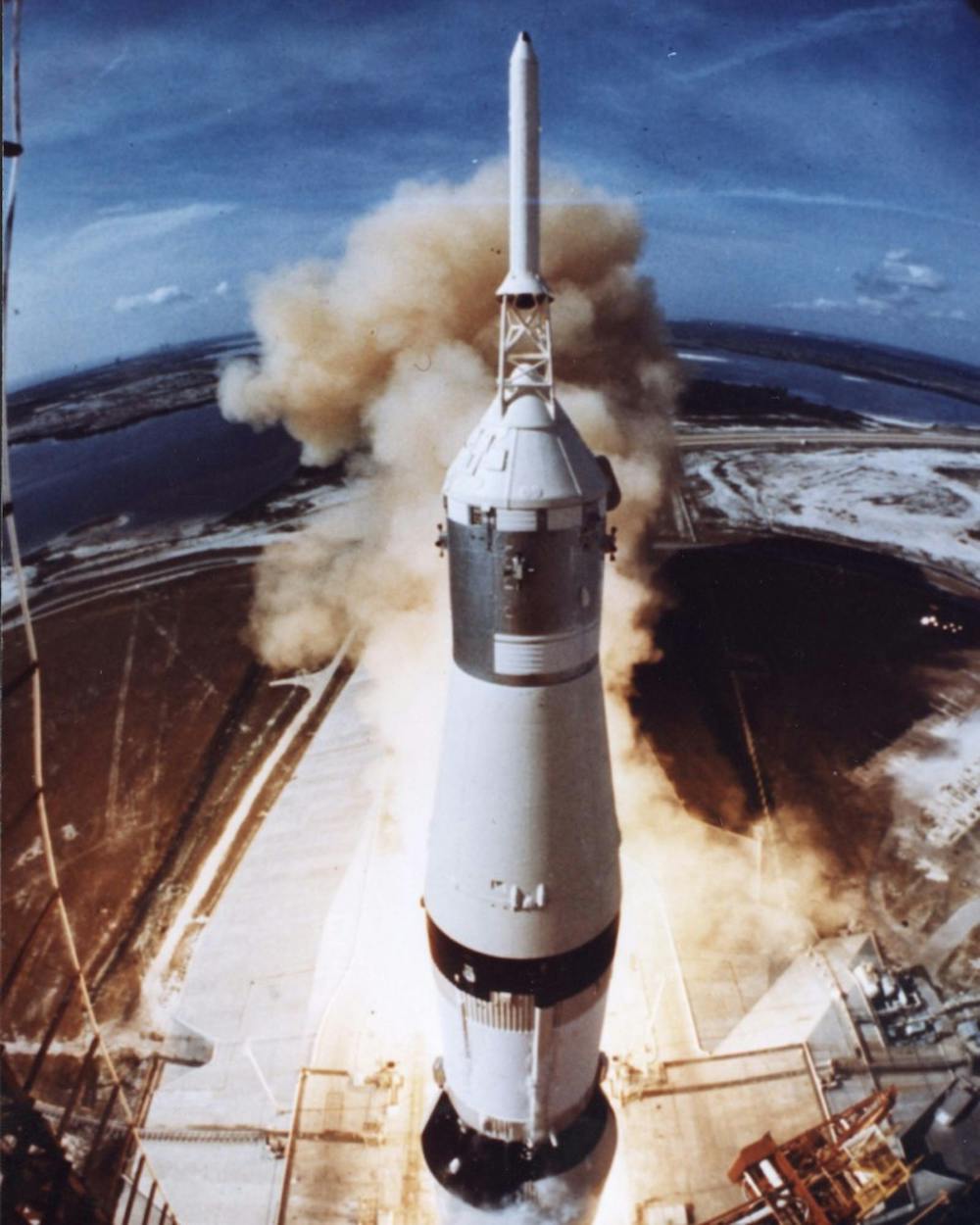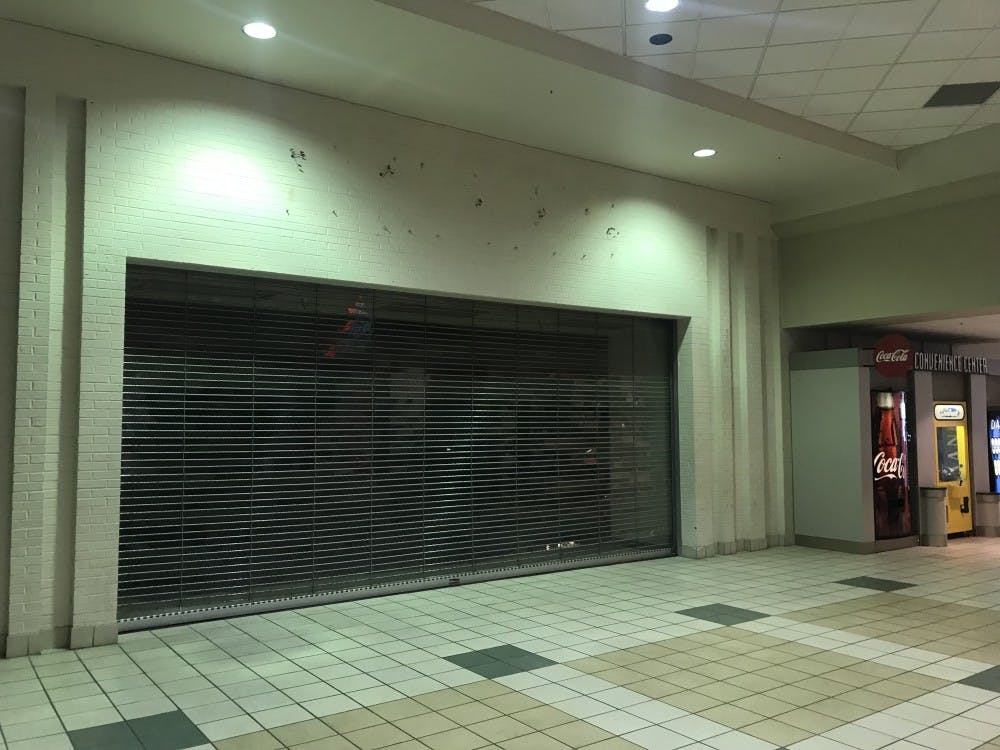In this video uploaded by CBS for the 40th anniversary, Walter Cronkite anchors the special broadcast.
Editor's note: This is a sidebar to the final article in a three-part series in celebration of the 45th anniversary of the moon landing. To read that article, click here.
Apollo 11 landed on the moon 45 years ago on July 20, 1969.
At Ball State, many faculty members remember the event well, along with hundreds of millions across the world. In fact, some of them might not be here if that event hadn’t happened.
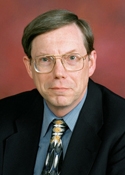
|
| Ronald Kaitchuck |
Ronald Kaitchuck, director of Ball State’s new Charles W. Brown Planetarium, was in college at Loyola University in Chicago when it happened, watching the landing with his brother.
Q: How did it affect your life decisions?
A: I guess it changed my life in making my convictions stronger. Like everyone in the United States at the time, I was proud because we did what frankly was considered impossible just a few years prior.
Q: How did you get interested in astronomy?
A: It’s a cornball story and sometimes, cornball stories are true. As a child, I was very behind in learning. First, second grade, I had no interest in reading. You couldn’t make me read.
A friend of my mothers gave me a book and it was a book about astronomy and that book literally changed my life. I said, “Yeah I want to learn to read and read about that stuff.” Then I was told I could have a career in that field and I said, “OK, I am going to do that.”
Q: If it didn’t change your mind, how did it affect your field?
A: It created an entire industry jobs and to this day, strongly supports space science. ... Having fewer opportunities would have made going to college and grad school different and maybe, I wouldn’t have done something else. I had other offers to do other things.
Q: What were those offers?
A: My father would have liked very much to see me take [the family business] over. He made it very plain — “If you want to take this over and I can retire or take it as a partnership, come on in.”
The business was a recording studio, the largest in Chicago at the time, which included clients like Frank Sinatra. [It was called Boulevard Recording Studios].
I took that idea seriously for a while, [but] my interests just weren’t there. I don’t think it was no mistake on my part for not taking it.
If we had not gone to moon or funded the space program, I could see that there might not have been a future in continuing astronomy since there aren’t that many jobs.
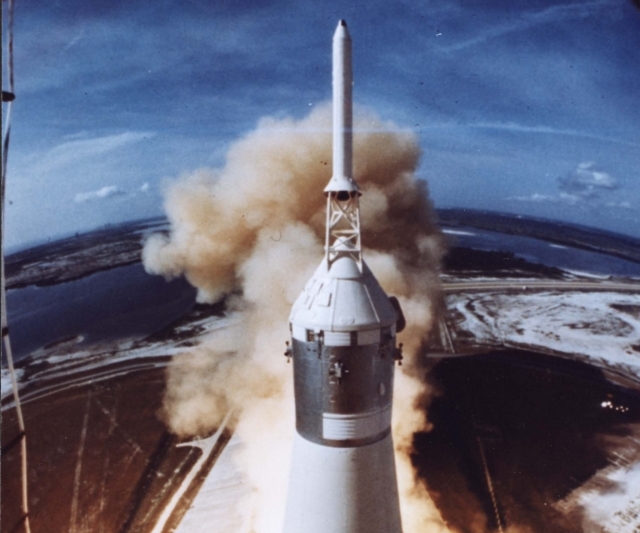
|
| AS-506 lifts off from Launch Pad 39A at the Kennedy Space Center on July 16, 1969. This sixth flight of the Saturn V launch vehicle delivered astronauts Neil Armstrong, Edwin Buzz Aldrin and Michael Collins to lunar orbit. Better known as Apollo 11, the mission marked the first manned lunar landing. MCT PHOTO |
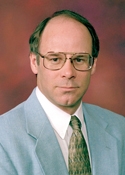
|
| Richard Seymour |
Richard Seymour, program coordinator for technology and engineering education at Ball State, was in high school when Neil Armstrong and Buzz Aldrin stepped on the moon. He watched it from his parents’ home in Ohio.
Q: How did the space program affect your childhood?
A: I did a junior high science fair project on the Apollo program, and it was actually a Saturn V rocket. It excited me and encouraged me to study other types of things instead of fossils and other things you see at science fairs. I immediately jumped on that.
Those astronauts mentored an entire generation in being interested in something like that or taking science, math, engineering or the design and getting excited about it.
At the time, I was looking at getting an engineering degree.
Q: As you grew up, what lessons did it teach you?
A: I learned a tremendous amount of respect because we got to see a historical event on TV. Myself and many other people got to see years of getting ready for a single mission. It showed me the amount preparation you have to do to be successful and that you have to understand the basics.
You have to do your studies and do your homework in order to be prepared for anything. Be prepared for what can go worst and hope you won’t have to use that.
Q: Where would you be if the moon landing hadn’t happened?
A: I would probably be in some service-based industry, probably hospitality industry, working with people more instead of an education field that deals directly with technology and engineering.
I might have gone into some other field because both my parents were teachers.
But I had the fascination of the famous pilots and entrepreneurs, so I got into a design- and production-related field. But without space, I can’t imagine what growing up would have been like. I don’t see my son watching those kinds of things like I did.

